Community Token Talk - The Cutting Edge of Web 3 - Ep. 37
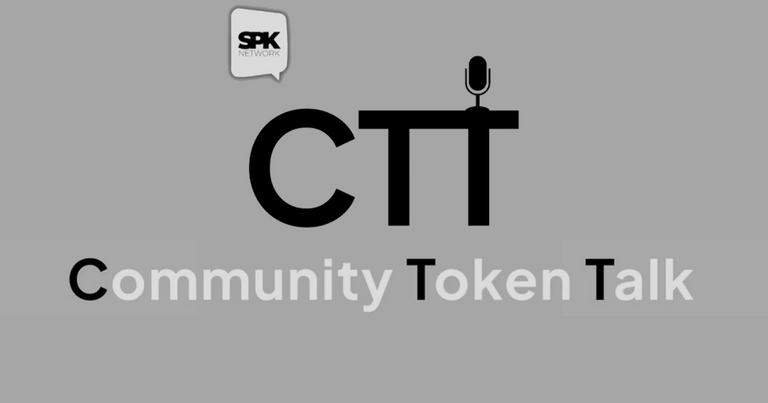
CTT Episode Week 37
https://twitter.com/TBD54566975/status/1535303403361824768?s=20&t=gBUntocK44ClKTqAQeX97A
https://twitter.com/Blockworks_/status/1535311422862786560?s=20&t=gBUntocK44ClKTqAQeX97A
https://twitter.com/elonmusk/status/1535473240100982784?t=C58-sIzkSWLOTlrVTBQYJg&s=19
Court finds prima facie case for Crypto Class Action
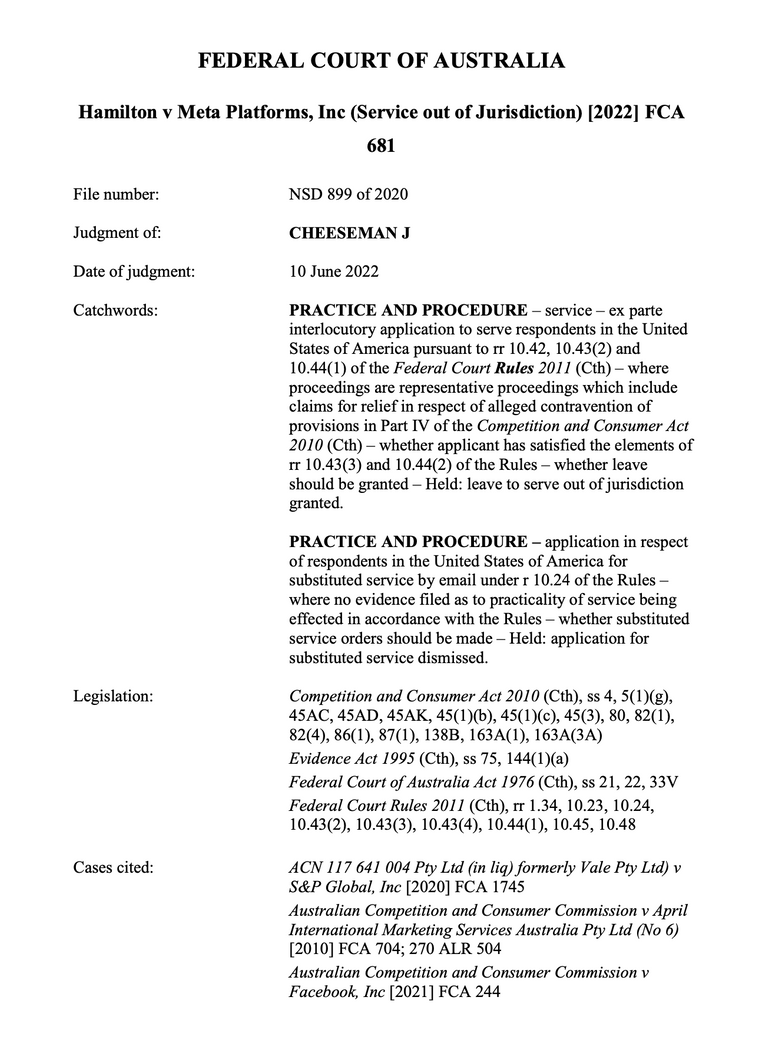
Bitcoin Is Not a Store-of-Value.
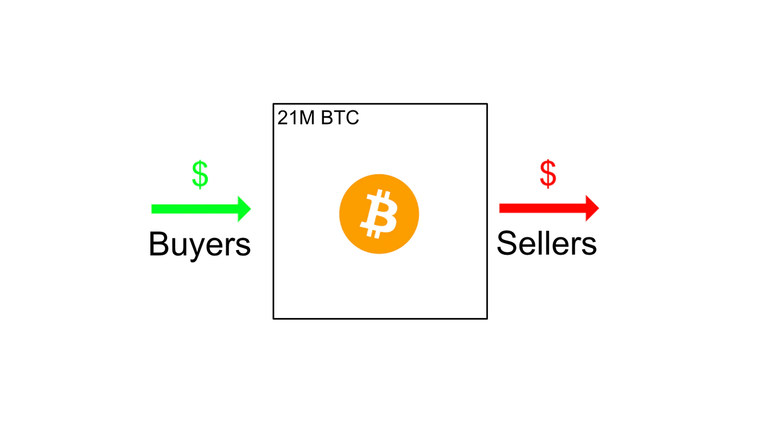
https://twitter.com/hive_creators/status/1535036649897328656?s=21&t=Gu3B2iwxoQ3TrC1VOZ-ylw
https://twitter.com/smallcapscience/status/1533108677262991360?s=21&t=MXrlryQhYcJuTMuswraVhQ
Bank of England to take over collapsed stablecoin cryptocurrencies
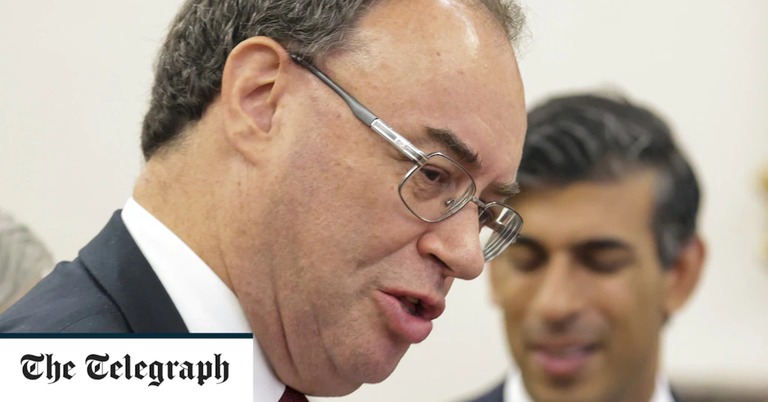
https://twitter.com/vitalikbuterin/status/1532533086352576512?s=21&t=0ZouzWIriELFpMpNTcozSQ
https://twitter.com/notgrubles/status/1531715177451855874?s=21&t=S_EyjYFRyl9qaFET4Jp6Vg
https://twitter.com/iamdcinvestor/status/1531673250983452674?s=21&t=PaftORzmA3_3o11p8bNzUQ
https://twitter.com/TheycallmeDan_/status/1528429707020013568
UPDATES: New Hive Water Project Contruction Commences This Week At Agona Bedomase-Ghana
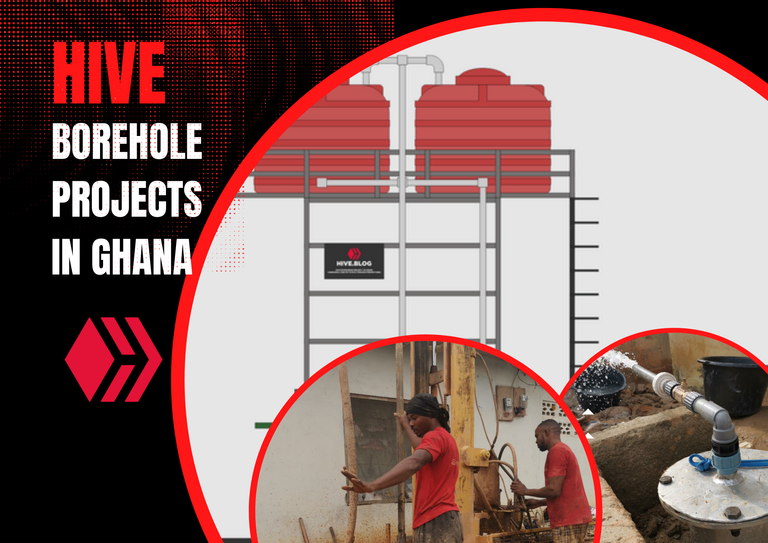
Hive project in Ghana is set for inauguration on Sunday 12th June,2022.
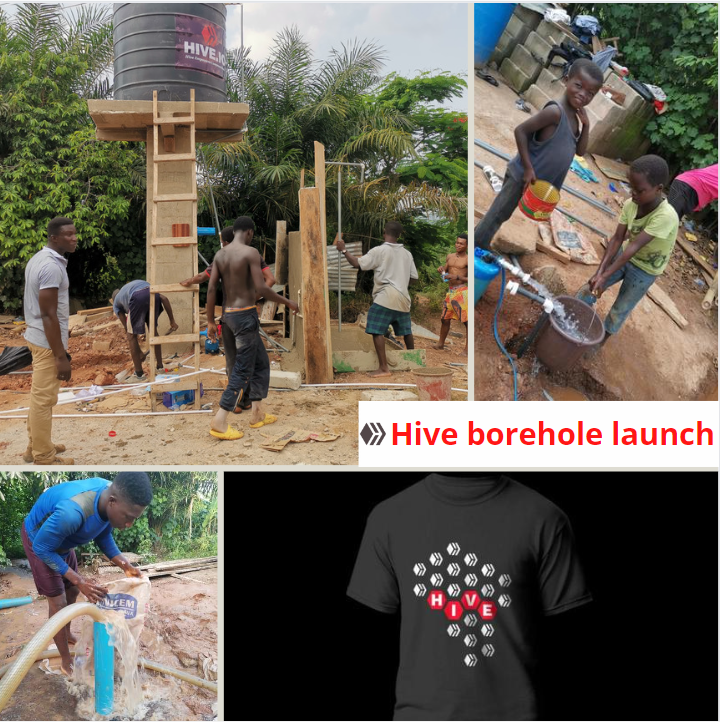
Congratulations @cttpodcast! You have completed the following achievement on the Hive blockchain and have been rewarded with new badge(s):
Your next target is to reach 500 upvotes.
You can view your badges on your board and compare yourself to others in the Ranking
If you no longer want to receive notifications, reply to this comment with the word
STOPCheck out the last post from @hivebuzz:
Support the HiveBuzz project. Vote for our proposal!
https://twitter.com/3speakonline/status/1535774734666723328
The rewards earned on this comment will go directly to the people(@threespeak) sharing the post on Twitter as long as they are registered with @poshtoken. Sign up at https://hiveposh.com.
Awesome episode, yeah, I was one of the beneficiaries from @theycallmedan's pizza contest 🍕
Paid for my pizza with $HIVE. Here's the video:
https://twitter.com/AGNochez/status/1528506094548656129
Posted Using LeoFinance Beta
Nice one
Posted Using LeoFinance Beta
Here is a detailed summary article about the key topics discussed in this episode of the Community Token Talk Podcast:
Web5 and the Debate Around Decentralization
The hosts discussed the recent announcement of "Web5" by Jack Dorsey and TBD, which is being positioned as a decentralized web platform built on the Bitcoin blockchain. The hosts were highly skeptical of this effort, noting that it seems to lack true decentralization and censorship resistance.
They pointed out the irony that Dorsey, who has previously labeled much of Web3 as "bullshit", is now trying to create his own decentralized system. The hosts argued that Dorsey's approach appears to still rely on centralized entities running the infrastructure, rather than incentivizing a distributed network of nodes.
In contrast, the hosts highlighted how the Hive blockchain has already built a truly decentralized system with its Delegated Proof of Stake (DPoS) governance model. They noted that Hive's approach, where the community elects block producers, is far superior to Dorsey's proposed model which seems to lack meaningful decentralization.
Crypto Class Action Lawsuit Against Facebook/Google
The hosts discussed a class action lawsuit being pursued by Abs Hamilton against Facebook and Google. In 2017, during the crypto market crash, Facebook and Google banned crypto ads on their platforms. The hosts explained that this ban coincided exactly with a plunge in new signups to blockchains like Hive and Steem, suggesting the ad ban significantly impacted adoption.
Hamilton is now taking legal action, arguing this was an anti-competitive move by the tech giants as they were simultaneously developing their own cryptocurrency projects. The hosts expressed support for Hamilton's efforts, seeing it as an important case that could expose the lack of true decentralization in much of the crypto space.
The Importance of Proper Tokenomics and Governance
Building on the Web5 discussion, the hosts emphasized the critical importance of getting tokenomics and governance right in decentralized systems. They argued that many crypto projects, including some high-profile ones, have failed to properly distribute tokens and voting rights in a fair, decentralized manner.
In contrast, the hosts praised Hive's approach, where the token distribution and governance model were designed from the ground up to be community-owned and censorship resistant. They contrasted this with Bitcoin's reliance on "god-like" figures and centralized control, as well as Ethereum's pre-mined ICO which the hosts see as inherently problematic.
The hosts argued that without proper tokenomics and governance, decentralized systems are doomed to be co-opted by centralized interests, undermining the core principles of Web3. They highlighted how Hive has navigated these challenges successfully, providing a model for other projects to emulate.
The Future of the Lightning Network and Incentive Layers
The hosts were highly critical of the current state of the Lightning Network, Bitcoin's layer-2 scaling solution. They argued that without a robust incentive layer to reward node operators, the Lightning Network is destined to become centralized, with large entities like banks and tech giants dominating the infrastructure.
In contrast, the hosts praised the approach being taken by the SPK Network, which is building an incentivized layer-2 system on top of Hive. By rewarding node operators through the Speak token, the SPK Network aims to create a truly decentralized and censorship-resistant transaction layer.
The hosts suggested that projects like the SPK Network, which leverage Hive's DPoS governance and incentive mechanisms, represent a superior model compared to the Lightning Network's current structure. They believe this type of approach will be crucial for unlocking the full potential of decentralized finance and Web3 applications.
The Rise of "Economic Engineers" in the Metaverse
The hosts discussed a tweet highlighting the potential emergence of a new job role - the "economic engineer" - in the metaverse and virtual economies. They noted that as these in-game economies become more sophisticated, there will be a growing need for skilled individuals who can design the underlying token economics and incentive structures.
The hosts drew parallels to the work being done by individuals like Khaleel Kazi on the LeoFinance community, where he has engineered various DeFi systems and investment schemes. They predicted that this type of economic engineering role will become increasingly valuable across decentralized communities and virtual worlds, as the need to properly incentivize participants and manage the flow of value becomes paramount.
Overall, the hosts expressed excitement about the potential for these new economic models and the role that "economic engineers" will play in shaping the future of decentralized ecosystems and the metaverse.
Notice: This is an AI-generated summary based on a transcript of the video. The summarization of the videos in this channel was requested/approved by the channel owner.